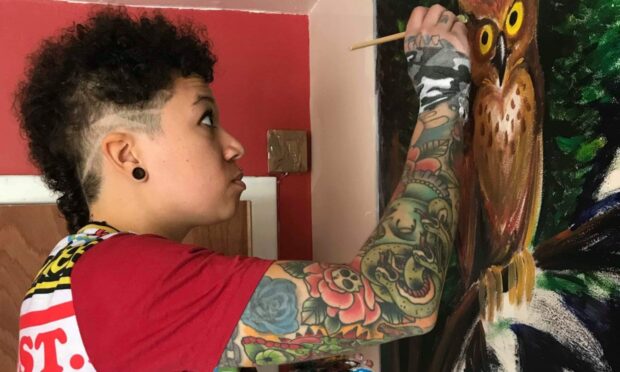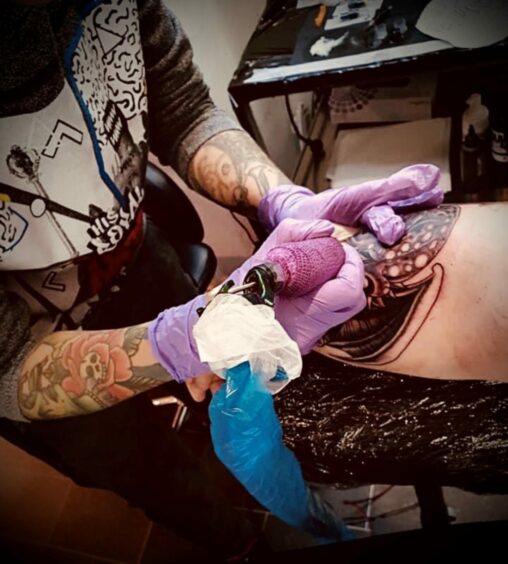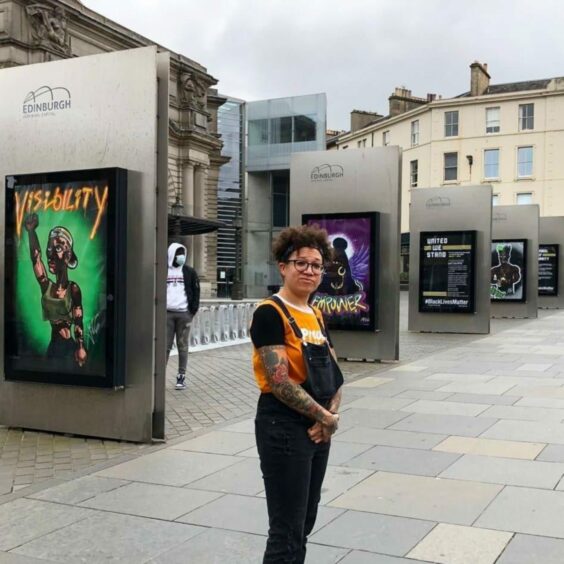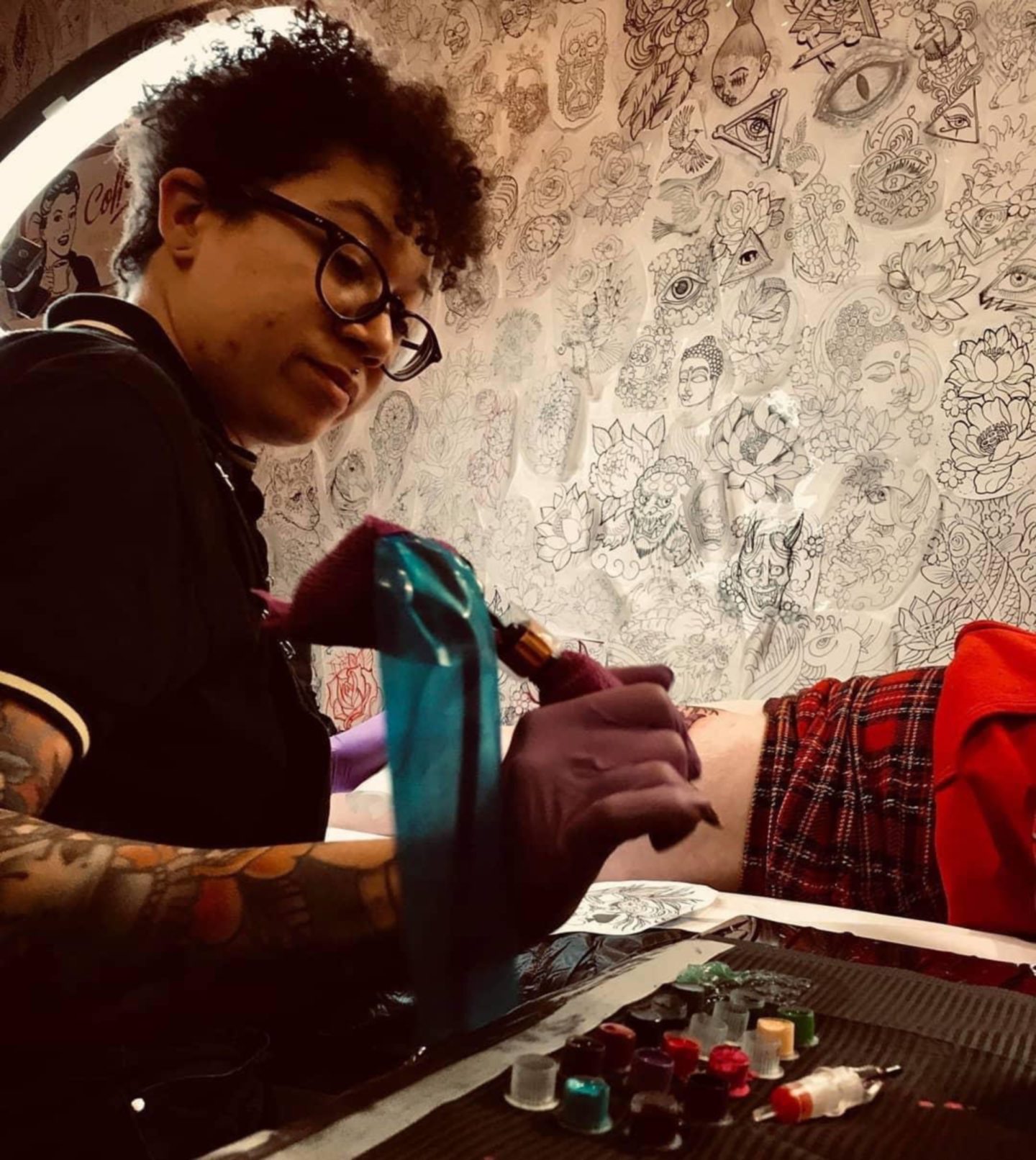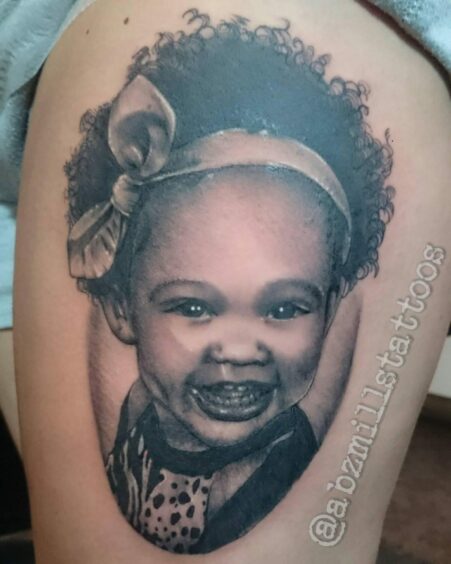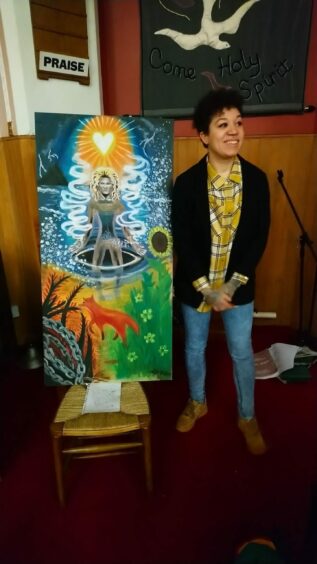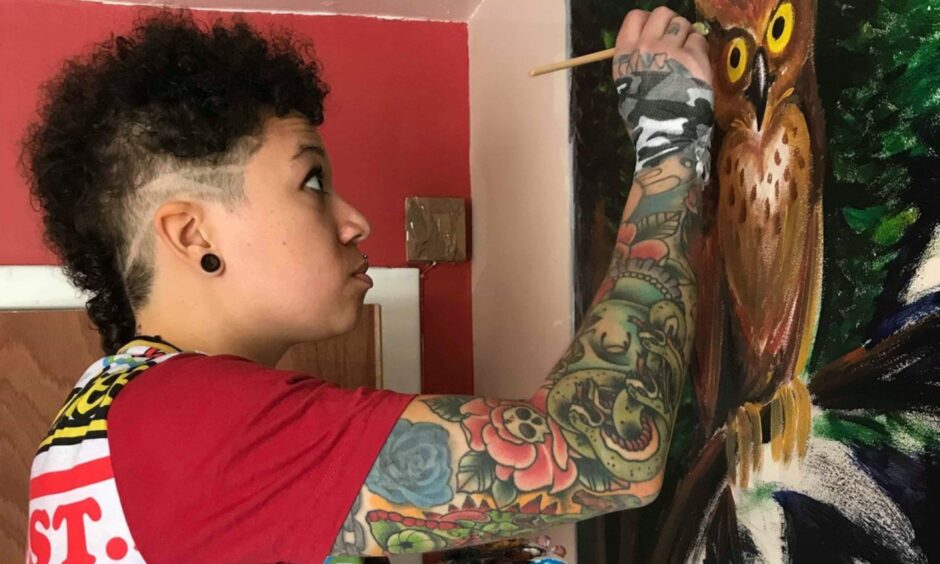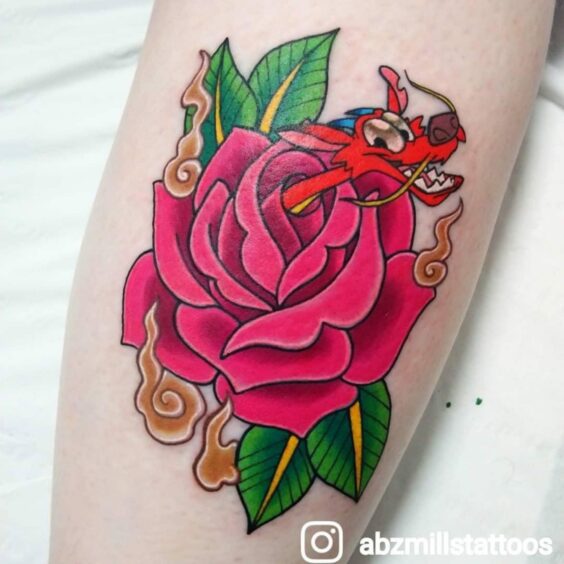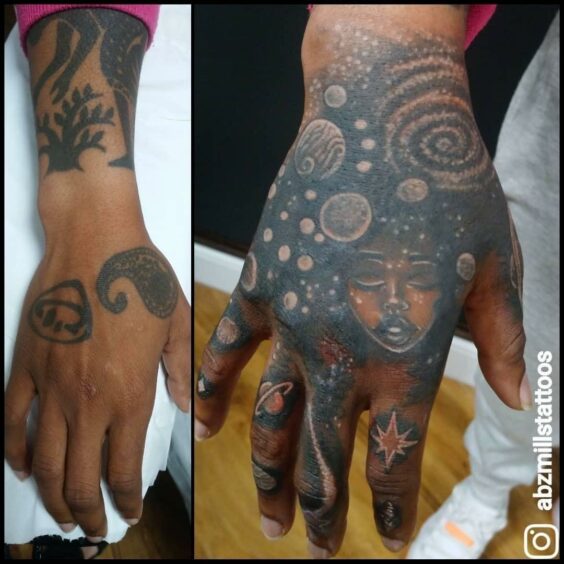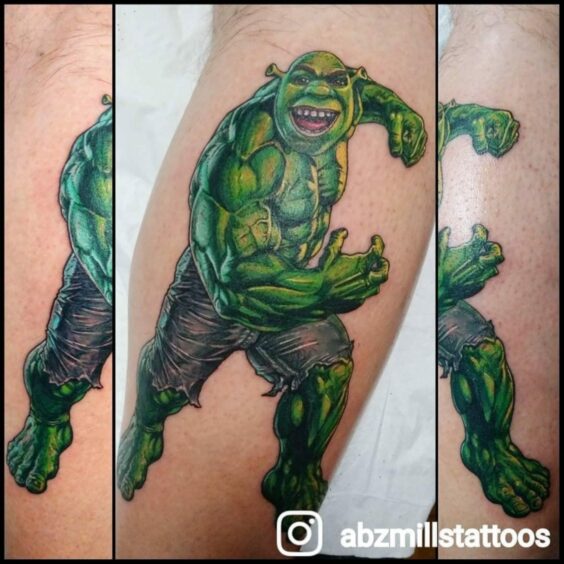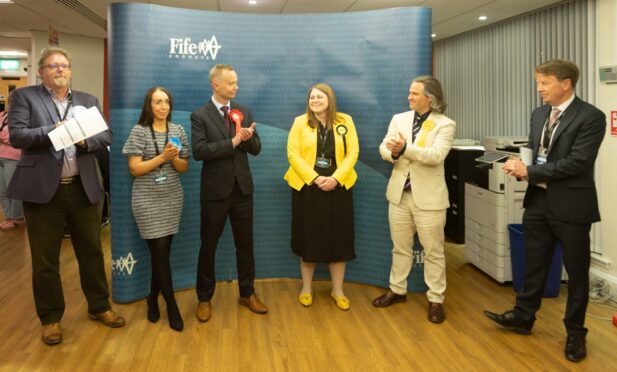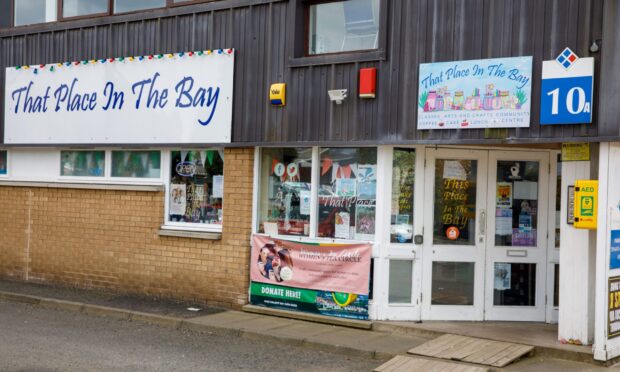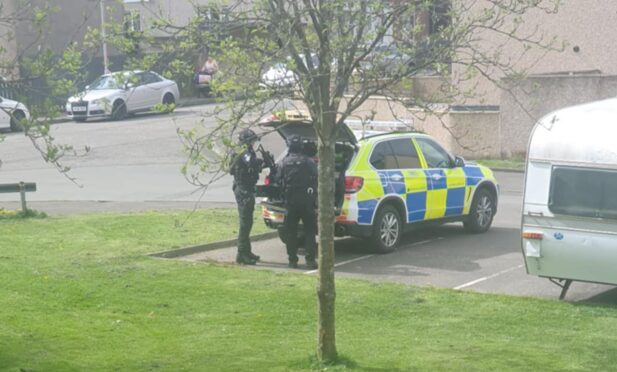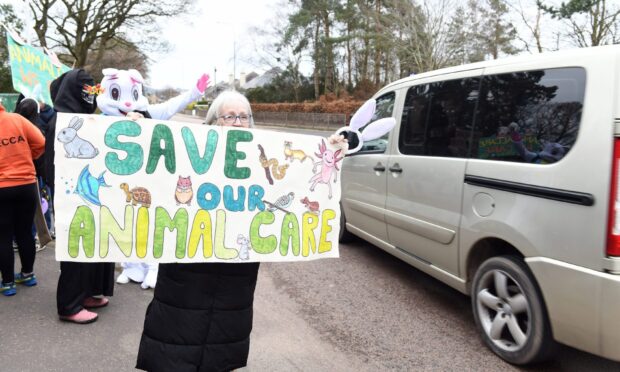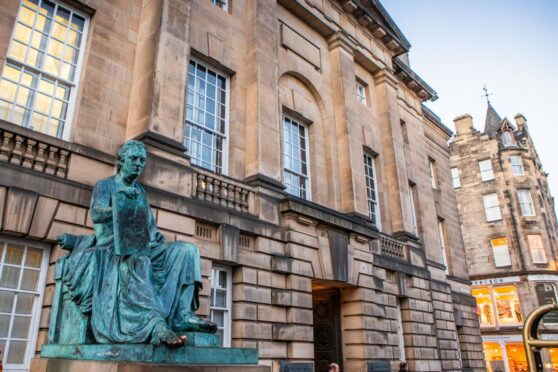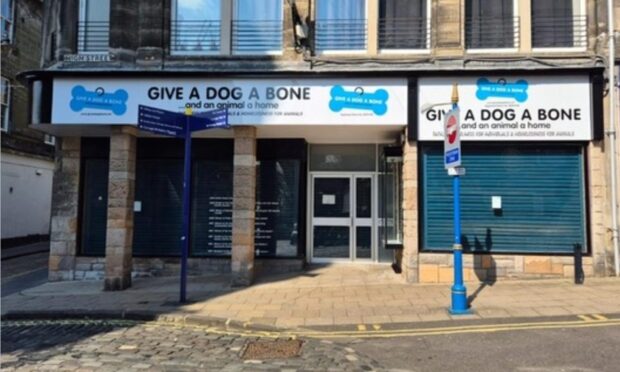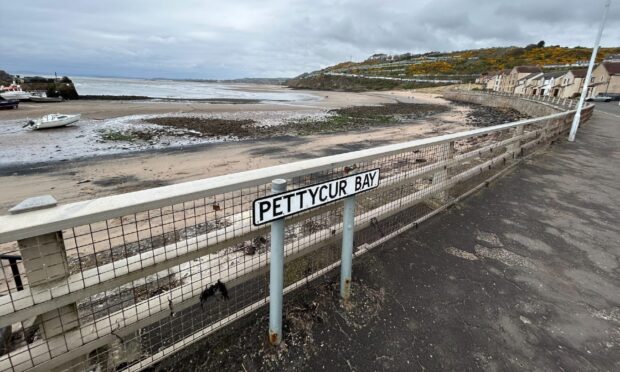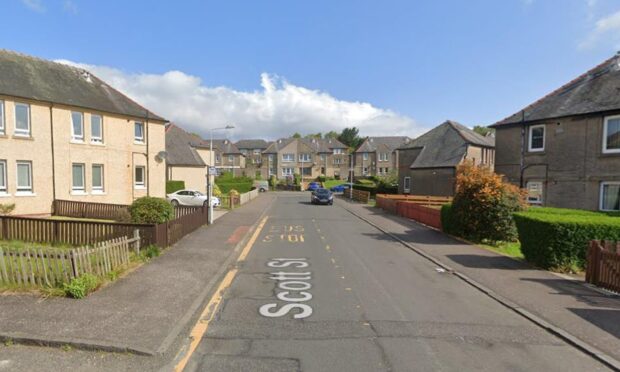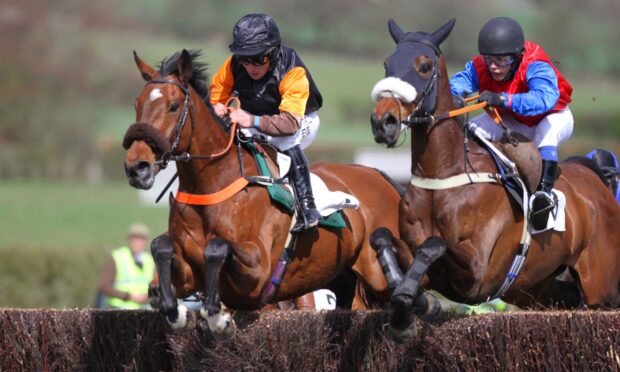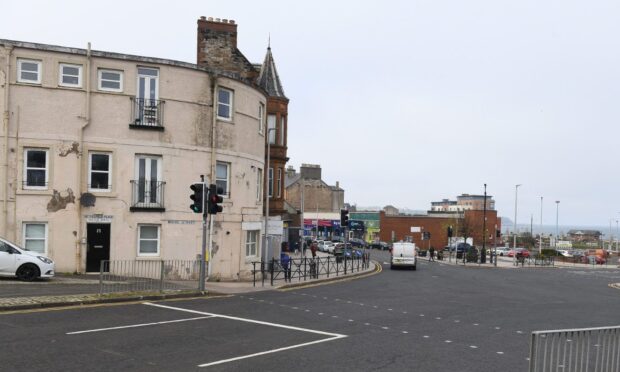Ahead of a Black History Month talk, Michael Alexander hears from self-proclaimed queer Scottish-Jamaican tattoo and graffiti artist Abz Mills about her experiences of gender identity and racism growing up in Fife.
When Fife-based artist Abz Mills was growing up in Kirkcaldy and Glenrothes, she dreamed of becoming a cartoonist.
Inspired by the Cartoon Network and the Simpsons, she studied graphic design at Adam Smith College, only to be put off when she realised that 3D animation was “very technical” – and she didn’t like “the maths stuff” at all.
However, when the now 30-year-old former Glenwood High School pupil thinks back to her love of art from a young age, she realises that “running away into her room and closing the door to draw” also allowed her to create and control her own world.
“I was probably dealing with all sorts of childhood trauma I guess,” she says.
“I didn’t realise at the time, but I kept a lot of my drawings from when I was younger and looking back on them as an adult, I really was going through stuff – whether it be my gender identity, whether it be my racial identity.
“There was also a lot of changes taking place like we’d moved house quite a bit, so I was making new friends and trying to be ‘normal’ to fit in with them. A lot of what was going on in my life I couldn’t control, but the comics and the characters I was creating in my little world I could.”
Black History Month talk
To celebrate Black History Month, Abz will be giving a Zoom talk on Wednesday October 6 at an event organised by Fife Contemporary.
The self-proclaimed queer Scottish-Jamaican tattoo and graffiti artist, who works as a tattooist in Kirkcaldy, will introduce her inspirations and varied creative work which ranges from intricate tattoos to street art, including a large scale contribution to the Scottish Black Lives Matter mural trail at Edinburgh’s Usher Hall in 2020.
Furloughed during the first lockdown and angry following the death of George Floyd in the USA, Abz remembers being unable to sleep one night.
She picked up her iPad and started drawing. She posted her image to “illustrate the pain” she and others were feeling.
She started posting these drawings every day with a black or brown figure representing some form of community whether it be hope or pain.
Her work caught the eye of the organisers of the Black Lives Mural Trail in Edinburgh.
She was commissioned to create a piece that “illustrated the outrage and injustice of the death of Sheku Bayoh in Kirkcaldy in 2015.”
As well as the mural appearing on the Usher Hall, four poster boards of her work went along Edinburgh’s Lothian Road.
Her work even appeared in Hannah Lavery’s National Theatre of Scotland play Lament for Sheku Bayoh – a moment she admits brought her to tears.
She’s pleased that out of the negativity of the pandemic and furlough, she managed to create some striking, colourful and thought provoking work that reflects her regular job as a tattoo artist.
However, it also went far beyond that – reflecting her Scottish/Jamaican heritage and self-identification as a “queer artist”.
Gender identity
“When I was really young – like six or seven – I knew I liked girls,” says Abz when asked about her earliest awareness of gender identity.
“I didn’t know what ‘gay’ was. I hadn’t heard what a lesbian was or anything. I just knew I fancied girls. That made sense to me.
“But as I grew up and began to understand myself, I realised there are so many different spectrums to gender. I’m not trans but I did identify as gender fluid or non-binary. I go back and forth between that.
“I know some people will see me as straight up a female, and that’s ok if they see me that way.
“But I know what’s going on inside and how I choose to portray outside.
“I think that’s why I like tattoos because it doesn’t really matter what you look like – it’s what you produce and create.”
Racial abuse
Born in Bristol, Abz’ Scottish mum and Jamaican dad met there. Her dad came across with the Windrush generation.
They are both in their 60s now. Her dad still lives in Bristol but Abz and her mum moved back to Scotland when she was about two.
Growing up in the Templehall area of Kirkcaldy before moving to Collydean in Glenrothes when she was about 12, then Southparks, she used to try to “fit in” at high school by straightening and dying her hair and wearing clothes other kids wore “just to disappear a bit”.
However, living in relatively small Fife towns where there weren’t a lot of “brown” children, she always felt “different” and experienced “horrible” racism – not just from some children, but from some parents too.
“The earliest racial verbal attack I remember was in nursery or primary one,” she recalls.
“I just wanted to play on the swings or the slide or something like that at the park and they basically said ‘you can’t play with us you’re black’.
“It was kids our age or boys a little bit older. Looking back, they were probably just little brats.
“They probably didn’t know any better. But straight away it made me feel different.
“I remember that so early on. They might just forget what they said but it made an impact on me for the rest of my life. I felt confused, which sucks because I just wanted to play!”
Embracing identity
Abz says she’s known most of her life that there are so many things about her that “just don’t fit the norm”, whether that’s being “gay or mixed or black.”
But what she’s learned to do in recent years is “embrace” it.
Even in the last year, being able to promote her art after “years of hiding it”, has given her the confidence to represent those who are not often heard.
Abz was 16 and under age when she got her first tattoo. Since then she’s been hooked.
“It was a birthday present – I went into the studio and he didn’t ID me,” she smiles, adding that she chose a wilted flower design having always been drawn to the idea of “beauty in death because through death comes life”.
By the time disillusionment and the expense of her graphic design course resulted in her dropping out of college in second year, however, she was already starting to design her own tattoos – and friends were starting to ask her to design them for them.
“I started asking for a fiver here, a tenner there,” she says, “and then someone said ‘why don’t you get into it yourself?’ That sparked some thing in my mind.”
Satisfaction
Abz works in Glasgow, Dunfermline and Kirkcaldy in a bright, colourful and thought-provoking style.
While doing a variety of art, tattooing is her “first and foremost passion” and she loves her job.
She gets a lot of satisfaction from working with clients individually and giving them the best tattoo she can give them.
“Maybe they are a little bit nervous,” she says, “Maybe they are a little bit shy. To have them just be comfortable in the space and walk out with something that makes them feel 10 times more confident, beautiful or tougher depending on what they want to portray – I love that.
“But also knowing they are wearing a piece of art that’s unique and personal to them and that’s got a bit of love and skill into it.”
Abz describes her style as “bold, bright, positive, colourful and illustrative”.
She loves the variety of being a street shop tattooist. She might do a Disney piece one day and flowers the next.
What’s key, however, is the mutual trust between tattoo artist and client – the tattoo artist is being trusted with their skills while at the same time the client can often “open up” to talk about things that might be reflected in the art they want.
“A lot of people are very similar in the sense that they are all going through something,” says Abz.
“Especially over the last year – we are all dealing with it in different ways.
“Some people have been off work, changing jobs, home schooling kids, suffering anxiety, stress, depression.
“A lot of people have lost loved ones and want to have a memorial. To help them heal pain is quite magical as well.”
One recent request she’s had was from a man who wanted Shrek’s head on the Hulk’s body.
“His step kids are American so hear his Scottish acccent and think he sounds like Shrek, then they see him lifting heavy things and think he’s like the Hulk!” she reveals.
When it comes to the tattoos on her own body, however, which she’ll travel to get, Abz admits she “lost count quite a few years ago” and laughs that she “now finds it easier to count the blank space”.
Abz adds: “I’d love to keep tattooing as long as I can. I’d love to do more large scale mural work. If people want to commission me for a wall, I’m longing to do a big piece!”
*To register for Abz Mills’ Black History Month talk organised by Fife Contemporary on October 6, go to https://www.fcac.co.uk/event/bhm-2021-artist-talk-abz-mills/
